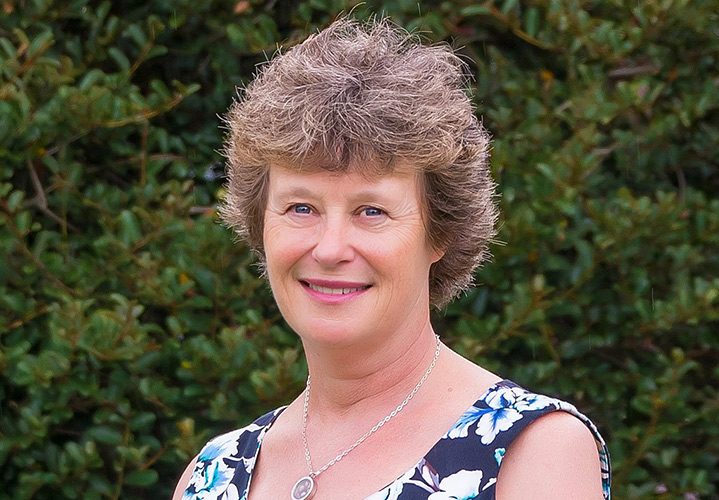
‘Good Grief’ – 6 tips for coping with loss
With Janet Mikkelsen of Aroha Funerals
Grieving when you’ve lost a loved one is totally natural. It can be a difficult and challenging process, and it affects us all in different ways. How deeply you grieve depends on a lot of factors, including your relationship with the person who has passed, and the circumstances around their passing.
Janet Mikkelsen has seen more than her fair share of grief over the years. Before becoming a Funeral Director of Aroha Funerals, she worked as a nurse for 30 years in paediatric oncology and palliative care – experience that helped her develop many of the skills she uses now. Read on for Janet’s key tips for coping with the loss of a loved one.
1. Grieving takes time
There’s no ‘normal’ amount of time it takes for grief to pass, so it’s important to acknowledge how you’re feeling and to remember that self-care is an integral part of the healing process. “There is no hurry to grieve,” says Janet. “You’ll get lots of well-meaning advice from many people, who often expect you to start ‘moving on’ after a while. But remember that what worked for them may not work for you. It can take months or years for you to start moving forward and that’s okay.”
It’s okay to be selfish during this time too. “You don’t have to please everyone,” Janet says. “It’s alright to say ‘actually, I’m really tired, I don’t want visitors at the moment’ or ‘I just need some ‘me-time’. It’s important to look after yourself and, in fact, it’s a healthy thing to do.”
2. Everyone’s grief is different
It’s important not to compare yourself to others and how they’ve managed the grieving process. “Many people ask me if it’s okay to feel a certain way,” explains Janet. “Everyone feels differently: some people might cry every day for two years, others can’t cry at all because they feel numb. You have to go with what feels right for you, because that’s how you’ll get through it in your own way.”
3. Grief can be physical
Our bodies and our emotions are intertwined, so it’s common to have a physical reaction, such as overwhelming tiredness, an upset stomach or nausea. “It’s normal for grief to manifest in physical symptoms,” says Janet. “If there’s anything you’re worried about, it’s best to see a healthcare professional, but it’s certainly not unusual. If it’s been a sudden or shocking death, you may have some signs of anxiety or depression, and that’s normal too.”
4. Get help if you need it
“There are some really great people and organisations available to help with grief”, says Janet. For example, a support group can not only help you to process the grief, but it’s also a wonderful opportunity for you to keep talking about your loved one.
Grief counselling can help you learn the skills to cope during this traumatic time. “If your grief becomes so overwhelming that you can’t function during the day, or sleep at night, then get some help,” she points out. Two grief counselling organisations recommended by Aroha Funerals are The Grief Centre and Skylight.
5. Join local groups or social networks
Women tend to have good support groups, but men often end up much more lonely after losing a partner. Janet suggests joining a local men’s group or a ‘Men’s Shed’, when you’re ready. For both men and women, social and support networks like Virtual Village East are a great way to overcome loneliness and meet new people. “There may well be other people there who are in a similar situation,” says Janet.
6. Remember it will get better
“Know that you will get through this,” says Janet. “At first, it may feel like your heart has been ripped out. After some time, the acute pain starts to dull – grief may not go away but does get easier. Things will get better and you will laugh again.”
“Life is full of grief, to exactly the degree we allow ourselves to love other people.” – Orson Scott Card
Helpful links
